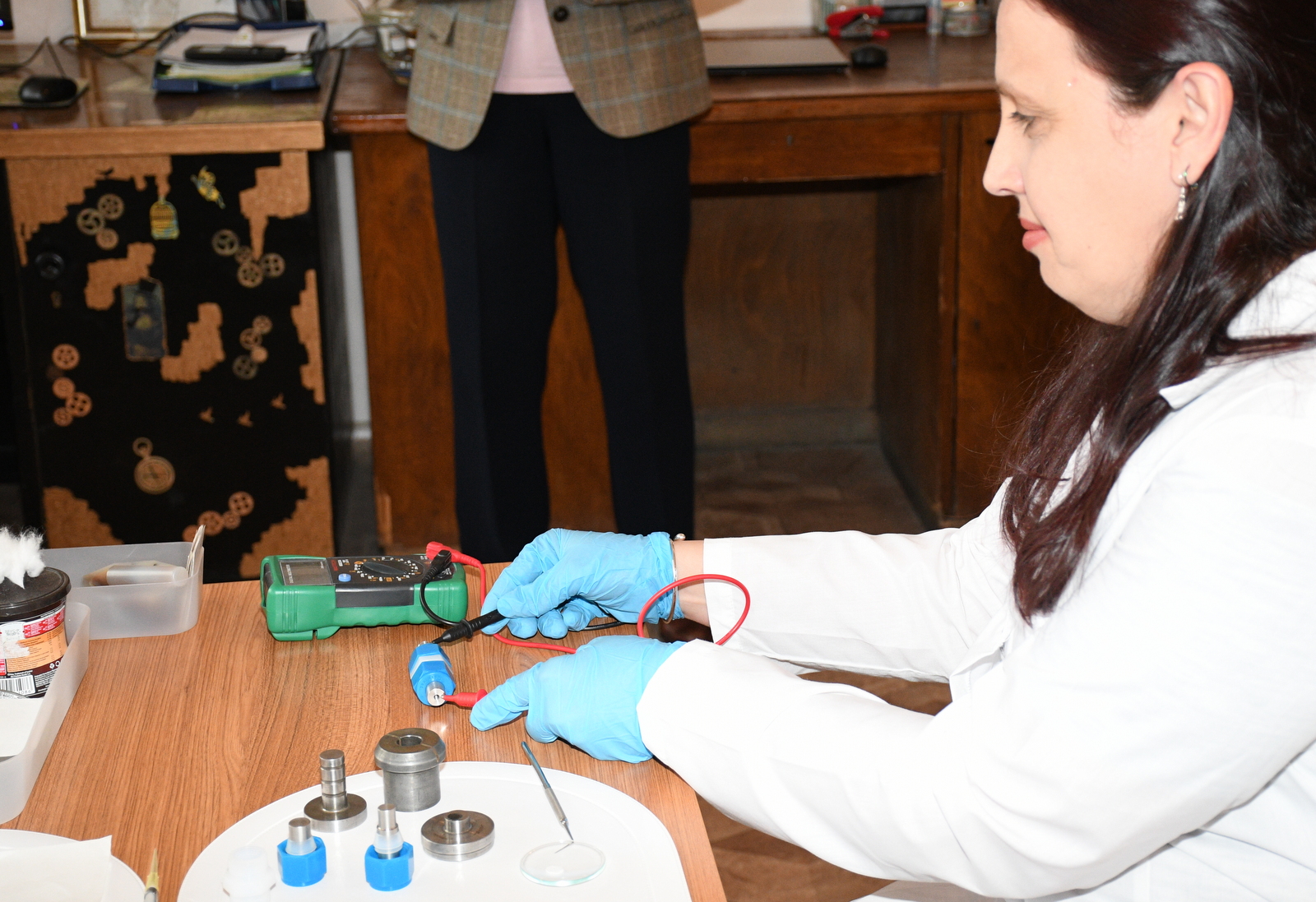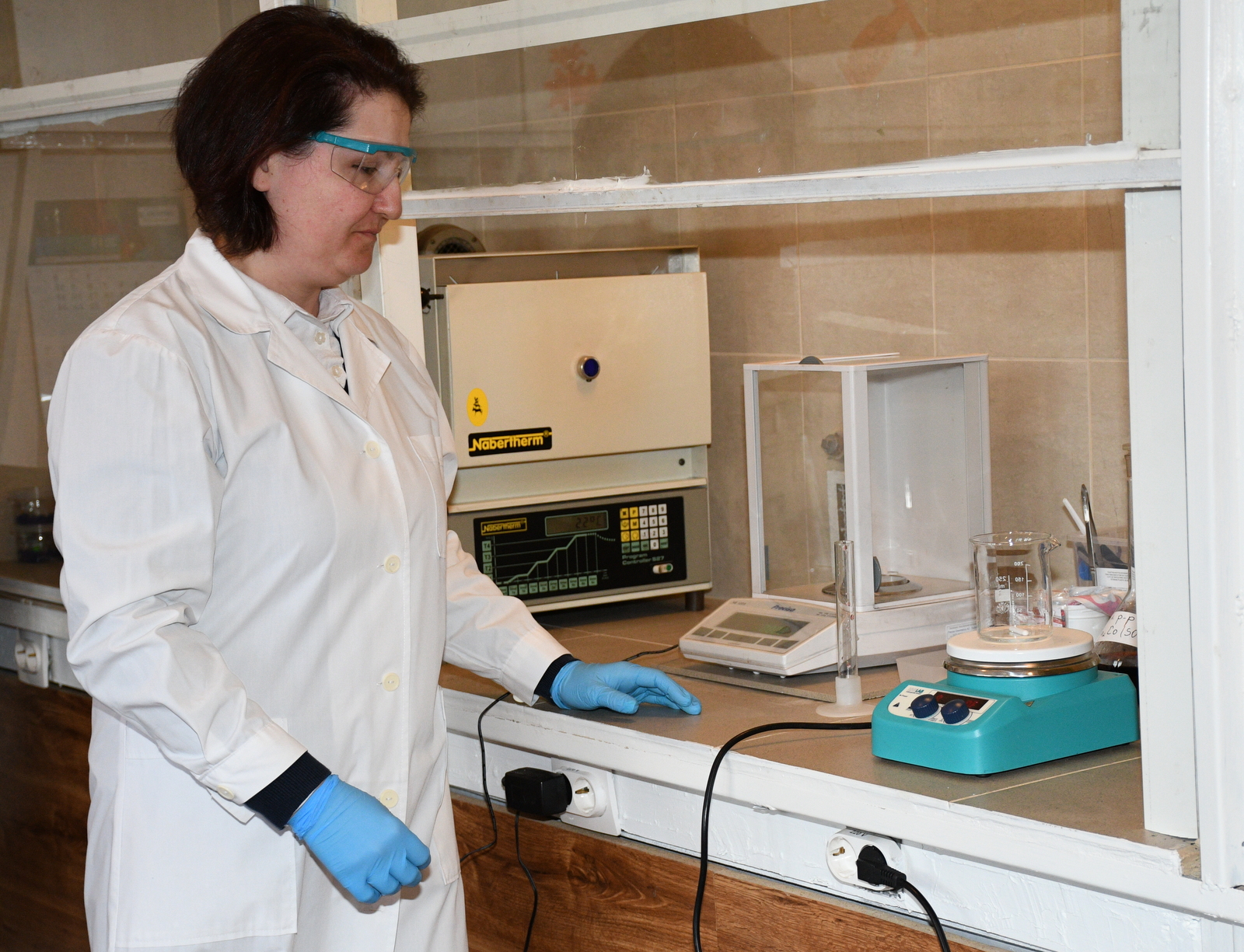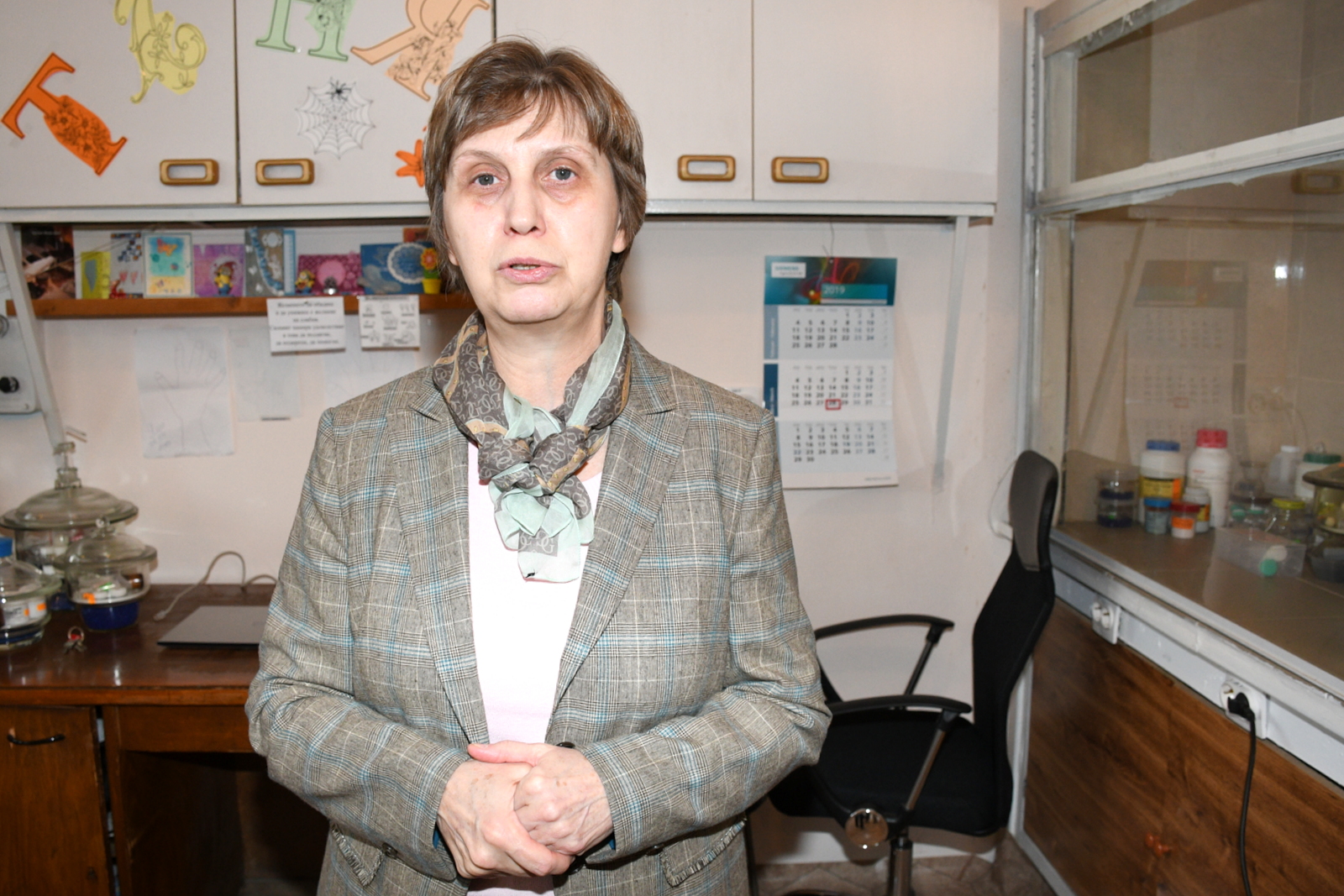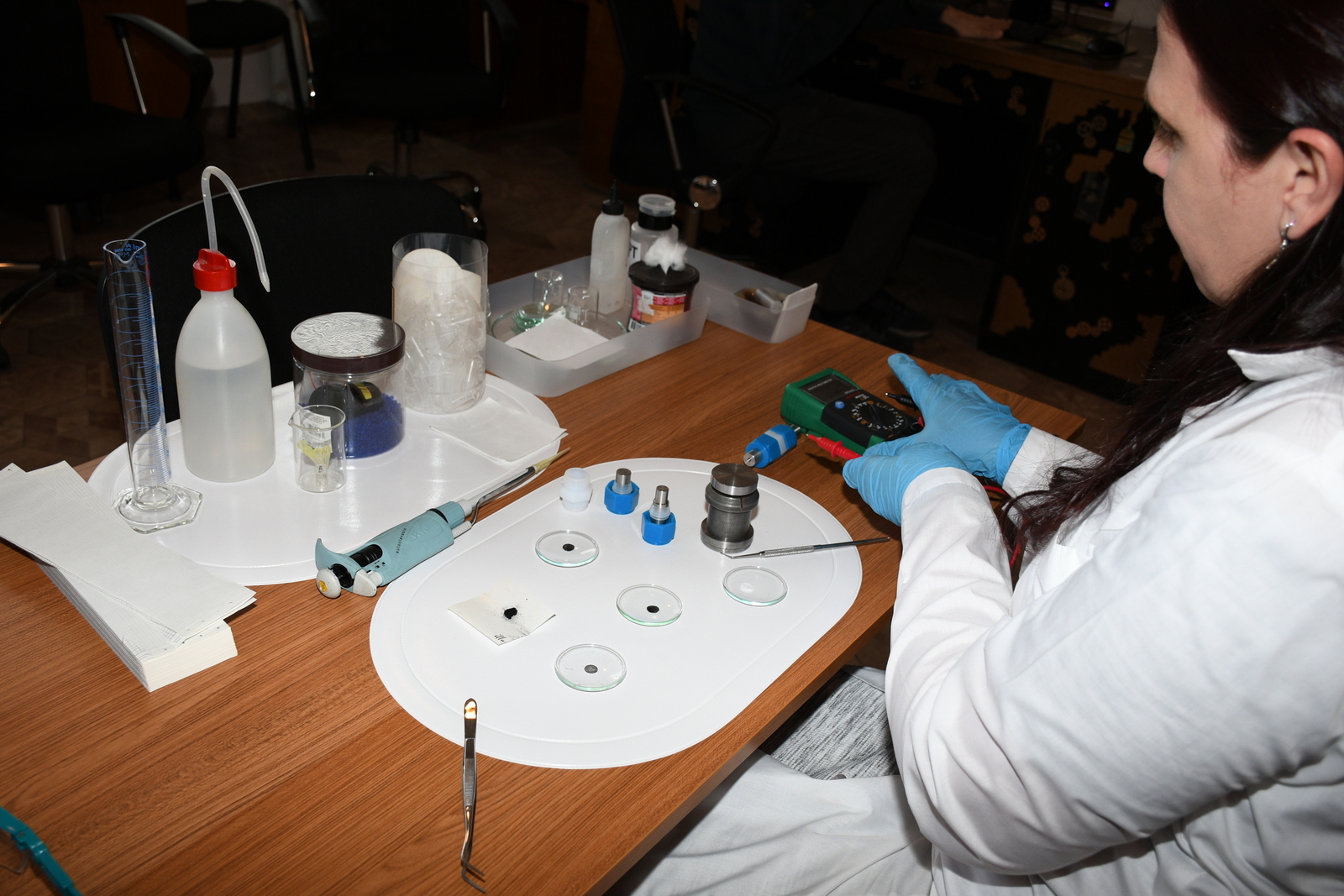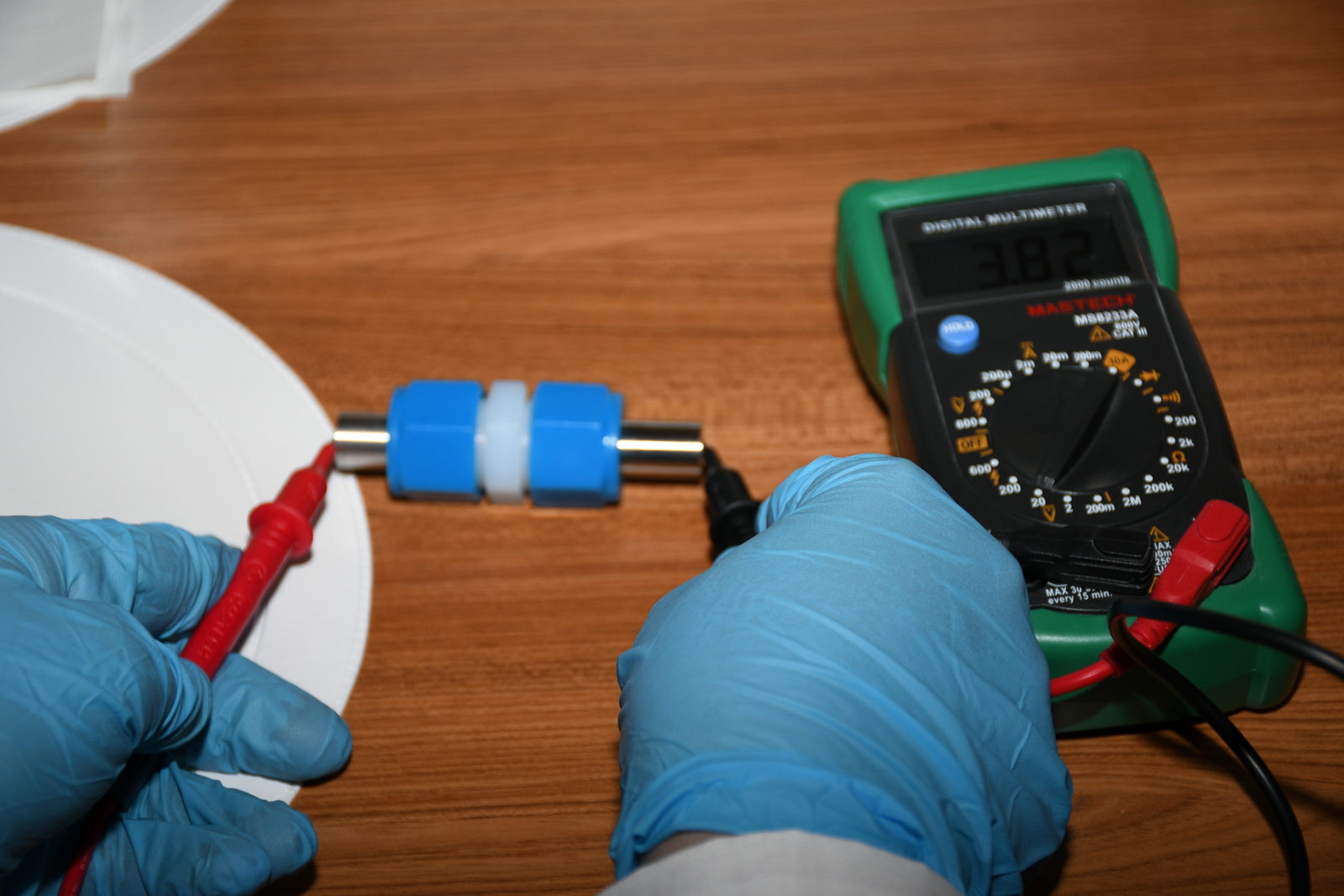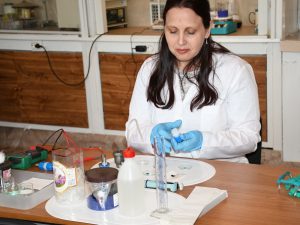 Scientists from BAS in partnership with colleagues from Sofia University “St. Kliment Ohridski” have created a new generation battery that will revolutionize the storage of energy. It is an original Bulgarian development of a safe, cheap and environmentally friendly rechargeable battery based on sodium. It can be combined with lithium-ion batteries or even replace them completely in a number of applications. The great achievement of our scientists is the development of a new type of electrodes from easily accessible materials such as sulphate salts which are widespread and can even be found on Mars.
Scientists from BAS in partnership with colleagues from Sofia University “St. Kliment Ohridski” have created a new generation battery that will revolutionize the storage of energy. It is an original Bulgarian development of a safe, cheap and environmentally friendly rechargeable battery based on sodium. It can be combined with lithium-ion batteries or even replace them completely in a number of applications. The great achievement of our scientists is the development of a new type of electrodes from easily accessible materials such as sulphate salts which are widespread and can even be found on Mars.
The leading organization in the project is the Institute of General and Inorganic Chemistry of the Bulgarian Academy of Sciences (IGIC-BAS). Partners are the Institute of Electrochemistry and Energy Systems (IEES-BAS) and the Faculty of Chemistry and Pharmacy of Sofia University “St. Kliment Ohridski “(FCP-SU).
In the battery of the future, lithium ions have been replaced by cheaper, safer, more environmentally friendly and naturally available sodium ions, the mechanism of action being preserved. As a first step, the researchers from IGIC-BAS have created new electrode materials suitable for the reversible incorporation of sodium ions without disturbing their structure. From these materials, a model sodium-ion cell has been constructed and subjected to electrochemical tests at IEES-BAS. At the same time, the scientists FCP-SU have modelled at atomic level the processes in the electrolyte solution of the battery to study them and manage them purposefully in the future.
One of the main advantages of the new sodium ion battery is the accumulation of energy from renewable sources. This is particularly important against a background of steadily growing share of renewables in energy production and consumption, in the economy and in the households around the world.
The use of sodium ions for energy storage will also be of use in electric vehicles where maximum mileage, price and charging time are of paramount significance. Especially for the automotive industry, a hybrid version is being developed: a lithium-sodium battery that combines the high power of lithium-ion with the low cost of sodium-ion. “This is a pilot project with promising initial results but the achievement of the final goal requires further studies, tests and financial resources,” explained Prof. Radostina Stoyanova from IGIC-BAS.


